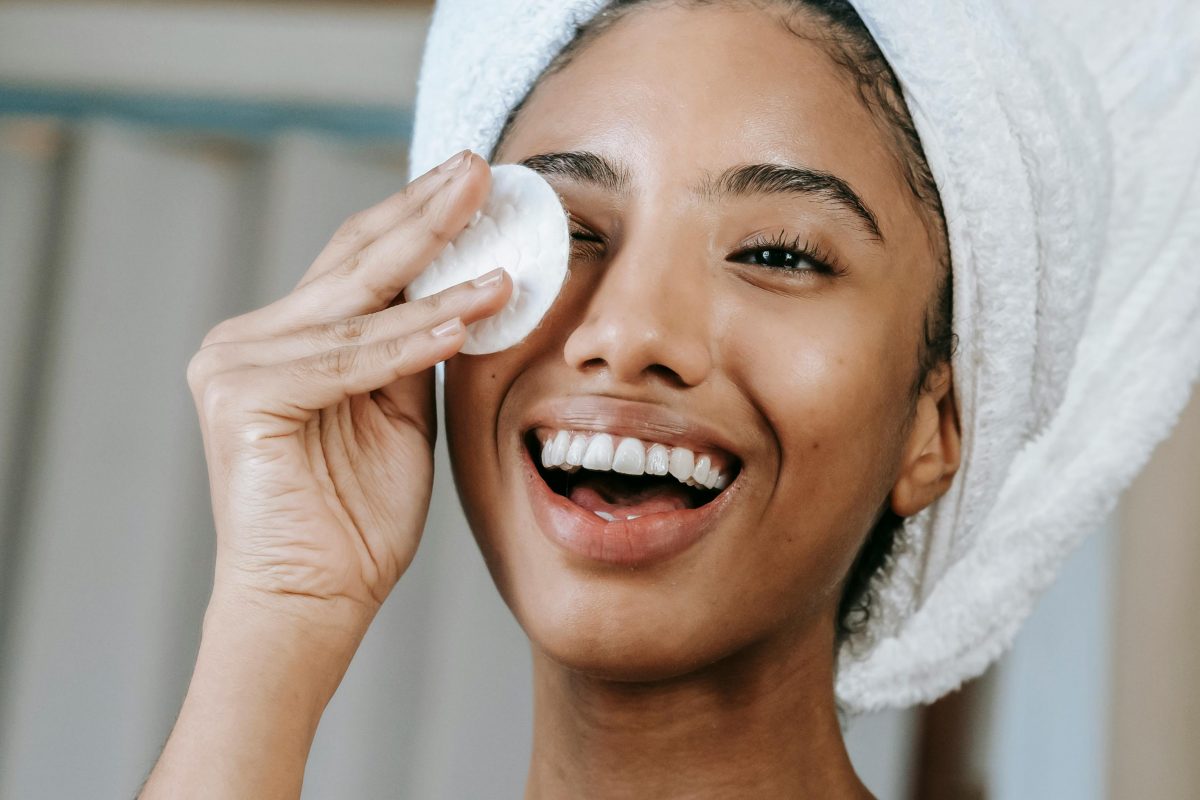As I’m on a trainride home, I pull out my phone and start scrolling through social media. Before I even realize it, I’m deep in the “skinfluencer” algorithm. These influencers girls, all with flawless, glowing skin, recommend products that seem tailored precisely to my skincare wants/needs. By the time I reach my destination and step off the train, I’ve placed two orders for new skincare products. I’m excited, hopeful, and eager to see some real results. 🤗
This (fictional) example highlights how companies engage with their consumers today. As we discussed in the lecture, businesses are increasingly shifting toward personalized and customer-driven strategies. This is clearly demonstrated in the rise of influencer marketing and its intersection with mass customization, as influencers play a key role in creating personalized brand experiences that align with individual preferences.
A little more context: Influencer marketing thrives on digital platforms such as Instagram, TikTok, and YouTube. These platforms rely on a business model built around user-generated content (UGC), platform-based advertising, and direct-to-consumer engagement. Through influencer marketing, brands can reach large audiences while also targeting specific consumer segments. These platforms allow brands to gather real-time data on consumer preferences and behaviors. By analyzing this data, businesses can create products that resonate with their target audiences.
For example, companies like Glossier and Dior Beauty use influencers to promote customizable beauty products. Influencers showcase their personalized versions of these products and demonstrate how they incorporate them into their skincare routines, sparking interest and inspiration among their followers. Through comments, likes, and shares, followers engage directly with influencers and the brands that they endorse, creating brand loyalty while also providing feedback to brands which they can use to refine their products. Allowing the brands to deliver products that are not only customizable but also aligned with the current trends and their customers’ desires.
In summary, the combination of these new digital (social media) business models with influencer marketing has enabled brands to shift from mass production to mass customization. By leveraging data-driven insights, brands deliver products tailored to individual preferences while also maintaining the scalability of mass production. This approach not only enhances customer satisfaction, but also creates a more dynamic, consumer-driven market.
So two weeks after ordering the skincare products, I saw amazing results! 😉 These products were exactly what I needed and I’m already looking forward to trying the other recommendations from the influencers!


I find it really fascinating how skincare companies are targeting women, especially through influencers. As you mentioned, it’s become a huge trend to have an elaborate skincare routine, and we see it all over platforms like TikTok and Instagram. Just last week, I watched an episode of De Avondshow met Arjen Lubach (https://www.youtube.com/watch?v=Ey8yvF6m5AU). I’m not sure if you’re familiar with it, but it’s a really interesting episode where he discusses how many young girls are now following these massive skincare routines. The thing is, their skin isn’t even fully developed yet, and it’s absolutely unnecessary for them to have these 10-step routines with expensive products to try and achieve the same ‘perfect’ skin as influencers. My question for you is, what do you think about the potential negative impact this trend can have on young people, especially in terms of self-image and the pressure to match up to these beauty standards?
While I agree with you that from a business point of view the strategy of using influencers to promote skincare products (or any other products) on social media platforms is a very strategic one, I also have mixed feelings about the effects this has on consumers. Yes, of course, by using influencers in their marketing strategy, firms can better discover the specific needs of specific consumer segments, thereby better fulfilling their needs and creating a consumer-driven market. However, in the specific case of skincare, this strategy seems to be harmful as well. I am talking about the TikTok skincare trend that has been tapping into a new market consisting of very young girls. A lot of young girls now seem to think it’s normal to have a 10-step skincare routine every day, already at the age of around 10 years old. Dutch dermatologists also point out the harmful effects these skincare products can have for young children (Spetter & Van Berkum, 2024)[1]. So, used wrongly, the influencer-marketing strategy can also become harmful to customers, without them even realising it. So, yes, the influencer marketing strategy is a smart move for companies to tap into specific customer segments, but they should be aware of the big impact influencers can have, also on young and vulnerable people. So, let’s think twice before actually listening to the influencers promoting the next best skincare product on the market.
[1] Spetter & Van Berkum. (2024, January 16). Huidproblemen tieners door skincare: experts bezorgd over trend op TikTok. RTL Nieuws & Entertainment. https://www.rtl.nl/nieuws/artikel/5428654/skincare-populair-op-tiktok-jonge-tieners-experts-waarschuwen-gevaren